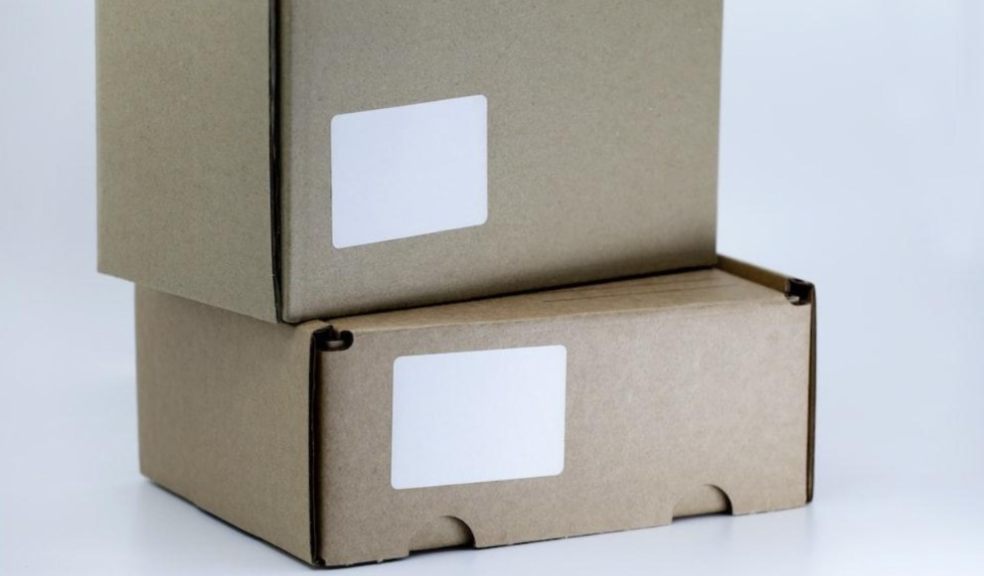
Greening E-commerce: Sustainable Fulfilment Strategies for Exeter's Online Businesses
The online shopping sector is growing rapidly in the United Kingdom, with figures showing that over 30% of all retail sales come from online purchases. The total revenue of the sector is expected to grow over the next few years since, although it was the pandemic that led people to need online shopping more, the trend will continue over the next few years. Data also shows that customers have adopted and developed certain habits in response to the changing shopping patterns.
However, transporting goods over large distances and having to support their return as well sometimes, if the customer finds them unsuitable, takes its toll on the environment and contributes to the release of tremendous amounts of greenhouse gases into the atmosphere. With the climate crisis becoming more urgent and its effects less likely to be reversed, all companies must commit to sustainable strategies and try new methods to decrease their carbon footprints.
The Environmental Challenges of E-commerce
There are many advantages that come with shopping online. The first and most important is that customers can access a more extensive inventory, bringing in more revenue for the company and helping it grow. The fact that your products are delivered straight to your doorstep is also a huge bonus, especially as it allows disabled people, especially those with impaired mobility, to receive their products with no hassle.
However, the growth in e-commerce also means that the health of the environment is facing new challenges. Fast shipping is one of the most severe problems. More and more shoppers request instant delivery, sometimes even within the same day, for goods that might take a few days to reach them otherwise. An MIT study showed that traditional shopping has a higher carbon footprint overall, but online purchases take over if the delivery date is rushed.
In this case, the emissions exceed the ones that come with shopping in brick-and-mortar stores. There’s also the issue of overpackaging, leading to staggering quantities of plastic and paper being discarded in landfills. While they could theoretically be recycled, this doesn’t always happen. Sometimes, the materials might be mixed, so they cannot be upcycled. There’s also the possibility that they become damaged at some point, making them unfit to be repurposed.
Free returns aren’t really free either because they come at the expense of the environment. Companies must develop new methods to regulate these weak points and curb their harmful effects. Consumers must be more aware as well. Some communities, such as Exeter, have already begun to take sustainable action by creating climate action hubs that discuss ways in which ecological crises can be averted, community fridges that prevent food waste and centres where objects of all kinds can be loaned for a while.
Sustainable Packaging Solutions
Companies must work with businesses such as Monta fulfilment to achieve sustainability goals to ensure they remain fully compliant with the standards. Outsourcing fulfilment and putting it in the hands of a service that understands the importance of green practices will take your business to the next level and show that you’re committed to sustainability. Take packaging, for example. Finding the right solutions might seem relatively straightforward, as they traditionally include either biodegradable materials or more minimal packaging.
But what are the best materials? And how much can you reduce the packaging without risking damaging the product? The best material should be fully biodegradable or recyclable. Their manufacturing process should use minimal amounts of energy and not deplete natural resources. Recycled cardboard, bio-plastic, organic fabrics, and packaging made from cornstarch, seaweed, mushrooms or banana leaves are just a few options.
For the minimalist version, you should include only as much material as necessary. Don’t bother with numerous boxes for a single product. Designs that are too elaborate only create more waste. The fulfilment companies should aim to uphold these standards and implement the best methods for them while allowing them to maintain their sales and guarantee product safety.
Carbon-Neutral Shipping and Delivery
With carbon-neutral shipping, companies aim to balance out the emissions from the handling and management necessary to complete a delivery. It sounds simple in theory, but it is a very complex process that needs to consider both the environment and logistics. So, what is a practical way to offset the greenhouse gases? Emission reduction is the first step. It can be achieved by batching shipments, a process that lets you organise several shipments based on their group.
Using vehicles that provide fewer emissions during transport is also very useful. For example, planes are the fastest and most efficient but consume the most. Purchasing carbon offsets lets businesses make financial contributions directly to projects aiming to help the environment. Working with a local courier service also avoids some damage that can affect the environment. The Royal Mail - Exeter Mail Centre, Parcelforce Worldwide and Evri ParcelShop are some of the most well-known options for the Exeter area.
Waste Reduction and Recycling Initiatives
Reducing waste is crucial for sustainability. Using less packaging and shipping in bulk will help businesses move towards waste reduction in ecommerce. Gradually replacing plastics with the aim to completely eliminate them eventually is also crucial. When waste is reduced, there won’t be so much rubbish in landfills, so the amount of greenhouse gases released in the atmosphere is reduced.
While eliminating waste is the first and most important part, recycling is just as crucial as it allows materials that are still fit for use to find new purposes. In Exeter, several businesses have started recycling cardboard, glass, wood, metal and plastics, as well as garden and green waste.
Educating Consumers and Encouraging Sustainable Choices
While businesses share a considerable part of the responsibility towards the environment, the customers must be educated about the importance of sustainability as well. Customers drive the demand, and if they show companies they care about sustainability, brands will be forced to adapt their methods as well. Businesses can help their clientele realise the importance of sustainability by sharing the procedures and strategies they’ve adopted and remaining consistent in their commitment to the environment.
Define your values clearly, and emphasise the importance of sustainable choices. Provide stats and data to support your claims, and encourage everyone to shop responsibly and avoid impulse purchases.
Conclusion
There’s no denying the importance of sustainable practices in ecommerce fulfilment. It is one of the fundamental pillars of having an eco-friendly business. Exeter businesses must promote the steps that contribute to creating a cleaner, greener future.

















